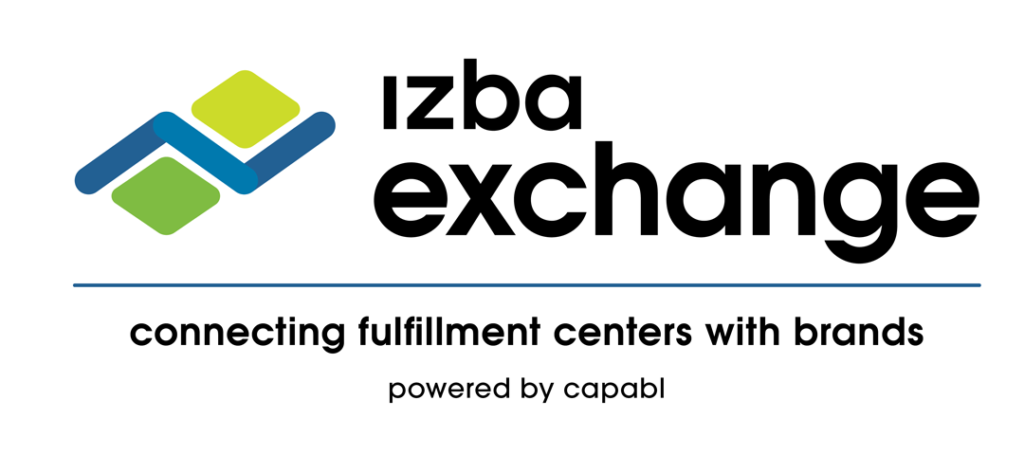
The skincare industry is a fast-paced and competitive market, with countless brands vying for consumers’ attention. In such a crowded landscape, maximizing efficiency in the supply chain becomes crucial for brand success. An optimized supply chain can enhance brand reputation, improve customer satisfaction, and ultimately drive revenue growth.
Understanding the Importance of Supply Chain in Skincare Industry
The supply chain plays a vital role in the success of skincare brands. It encompasses the entire journey of products from raw materials to manufacturing, distribution, and retail. By seamlessly connecting all these intricate processes, a well-optimized supply chain ensures that products are delivered to customers in a timely manner, with minimal waste and maximum cost-efficiency.
Skincare products often contain a variety of ingredients sourced from different parts of the world. The supply chain management in the skincare industry involves not only ensuring the quality and sustainability of these ingredients but also managing the complexities of international sourcing, transportation, and compliance with regulations.
Role of Supply Chain in Skincare Brands
In skincare brands, the supply chain is responsible for sourcing high-quality ingredients, managing production and inventory, and coordinating the delivery of finished products to retailers or directly to consumers. It is involved in every step of the value chain, from research and development to sales and marketing.
Furthermore, the supply chain in the skincare industry also plays a crucial role in maintaining product integrity and safety. From ensuring proper storage conditions to implementing quality control measures, every aspect of the supply chain is geared towards delivering safe and effective products to consumers.
Impact of Efficient Supply Chain on Brand Success
An efficient supply chain has a direct impact on brand success. It enables skincare brands to meet the demands of an ever-changing market, respond quickly to customer preferences, and maintain a competitive edge. By streamlining processes and reducing waste, an optimized supply chain also lowers costs, improves profitability, and enhances overall brand performance.
Moreover, in today’s digital age, supply chain transparency and sustainability have become increasingly important for skincare brands. Consumers are more conscious about the origins of the products they use and expect brands to uphold ethical and eco-friendly practices throughout their supply chain. Therefore, a well-managed and transparent supply chain not only ensures operational efficiency but also builds trust and loyalty among customers.
Key Elements of an Optimized Supply Chain
An optimized supply chain incorporates several key elements that work together to maximize efficiency and effectiveness. These elements include:
Inventory Management and Control
Effective inventory management is critical to avoiding stockouts or overstock situations. Skincare brands must carefully balance supply and demand to ensure that products are always available when customers need them. By implementing advanced inventory control systems and leveraging data analytics, brands can optimize stock levels, minimize carrying costs, and maximize sales opportunities.
Moreover, efficient inventory management can also lead to improved cash flow and profitability for skincare brands. By reducing excess inventory and streamlining order fulfillment processes, companies can free up capital that can be reinvested in product innovation or marketing initiatives, driving further growth and market competitiveness.
Supplier Relationships and Management
Collaborative relationships with suppliers are essential for a smooth supply chain. Skincare brands must establish strong partnerships based on trust, transparency, and shared goals. By working closely with suppliers, brands can benefit from timely deliveries, improved product quality, and greater cost efficiencies.
In addition, fostering strong supplier relationships can also open doors to strategic collaborations and co-development opportunities. By engaging suppliers in product design discussions or sustainability initiatives, skincare brands can differentiate themselves in the market, enhance brand reputation, and create unique value propositions that resonate with environmentally conscious consumers.
Demand Forecasting and Planning
Accurate demand forecasting and planning are vital for skincare brands to effectively respond to market trends. By analyzing historical data, monitoring customer behavior, and leveraging forecasting tools, brands can anticipate demand fluctuations, optimize production schedules, and minimize the risk of excess inventory or stock shortages.
Furthermore, proactive demand forecasting can enable skincare brands to capitalize on emerging market opportunities and seasonal trends. By aligning production capacities with anticipated demand spikes or introducing limited-edition products in response to consumer preferences, brands can drive excitement, create buzz, and capture additional market share, ultimately fostering long-term customer loyalty and brand advocacy.
Strategies for Supply Chain Optimization
To maximize efficiency in the supply chain, skincare brands can adopt various strategies and best practices:
Implementing Lean Principles in Supply Chain
The philosophy of lean management focuses on eliminating waste, streamlining processes, and continuously improving operations. By applying lean principles to the skincare supply chain, brands can identify and eliminate bottlenecks, reduce lead times, and improve overall efficiency.
One key aspect of implementing lean principles is conducting value stream mapping to visualize the flow of materials and information throughout the supply chain. This helps identify areas of waste and inefficiency, allowing brands to make targeted improvements. Additionally, fostering a culture of continuous improvement and empowering employees to suggest and implement changes can further enhance the effectiveness of lean practices.
Embracing Digital Transformation for Supply Chain Efficiency
Technology plays a pivotal role in optimizing the supply chain for skincare brands. Embracing digital transformation through automation, advanced analytics, and real-time monitoring can enhance visibility, improve communication, and enable swift decision-making. From inventory tracking to order fulfillment, digital tools empower brands to streamline operations and adapt to rapidly changing market conditions.
Furthermore, leveraging technologies such as Internet of Things (IoT) devices and blockchain can provide greater transparency and traceability in the skincare supply chain. IoT sensors can monitor environmental conditions during transportation, ensuring product quality and safety, while blockchain technology can securely track the origins of raw materials, promoting trust and accountability throughout the supply chain.
Sustainability in the Skincare Supply Chain
As consumers increasingly value sustainability, skincare brands must prioritize environmentally responsible practices within their supply chains. From sourcing renewable raw materials to using eco-friendly packaging and embracing energy-efficient logistics, incorporating sustainability initiatives not only benefits the planet but also enhances brand reputation and attracts conscious consumers.
In addition to reducing carbon footprint and waste generation, skincare brands can engage in partnerships with ethical suppliers and support fair labor practices to create a more sustainable and socially responsible supply chain. By aligning sustainability goals with business objectives, brands can drive positive change while meeting the evolving expectations of environmentally conscious consumers.
Overcoming Challenges in Supply Chain Optimization
Despite the potential benefits, supply chain optimization in skincare brands faces various challenges:
Navigating Global Supply Chain Disruptions
The skincare industry relies heavily on global supply chains, making it vulnerable to disruptions caused by natural disasters, political instability, or pandemics. Brands must be prepared to swiftly adapt and implement contingency plans to minimize the impact of such disruptions on the supply chain.
Addressing Quality Control Issues
Safeguarding product quality is crucial in the skincare industry, as even minor issues can lead to customer dissatisfaction and damage brand reputation. Brands must establish robust quality control processes, conduct regular audits, and ensure compliance with industry standards and regulations to maintain customer trust and loyalty.
Managing Cost and Time Constraints
Supply chain optimization often requires investments in technology, infrastructure, and skilled workforce. Skincare brands must carefully manage cost and time constraints to ensure that the benefits of optimization outweigh the associated expenses and minimize any disruptions during the transition.
In conclusion, maximizing supply chain efficiency is essential for skincare brands seeking sustainable success in a competitive market. By understanding the importance of the supply chain, focusing on key elements of optimization, adopting effective strategies, and overcoming challenges, brands can streamline operations, improve customer satisfaction, and ultimately drive growth and profitability. Embracing the continuous pursuit of supply chain excellence will enable skincare brands to stay ahead in an ever-evolving industry.
Ready to elevate your skincare brand’s supply chain to the next level? Izba Consulting is your go-to partner for driving profitability and enhancing cash flow through strategic supply chain optimization. With a wealth of experience from Fortune 500 companies to dynamic startups, our team is equipped to provide tailored solutions that scale with your business. Don’t miss out on the opportunity to transform your operations and achieve sustainable success. Subscribe to our newsletter today and join a community of founders who are revolutionizing their businesses with Izba Consulting’s expert guidance.




